CIVIL FORFEITURE LAWYER
CIVIL FORFEITURE CASES OFTEN STEM FROM CRIMINAL INVESTIGATIONS.
Civil forfeiture proceedings in B.C. are commenced under the Civil Forfeiture Act. Normally, the Director of Civil Forfeiture will commence proceedings at the Supreme Court of British Columbia. All parties who have or may have an interest in the property subject to a forfeiture claim will be served.
While civil forfeiture claims often stem out of criminal investigations, such as vehicle search and seizures, or search warrants being executed on businesses and residences, criminal charges or a criminal conviction are not necessary for the Director of Civil Forfeiture to commence proceedings to seize property. That means you don’t even have to be charged with a crime for the Director of Civil Forfeiture to bring an action to seize your property which can include amongst many other things, cash, vehicles and property.
To succeed, the Director of Civil Forfeiture must establish that the property in question is either proceeds or an instrument of unlawful activity, and will use the evidence gathered by the police in making its case.
If the Director of Civil Forfeiture establishes its case and a judge of the Supreme Court decides that property should be forfeited, the next step is for the judge to consider whether it would be in the interests of justice to order forfeiture. At this stage a judge may decide not to order forfeiture, put terms on the order, order partial forfeiture or decline to order forfeiture altogether.
Civil forfeiture cases are often very complicated. It may be possible to argue that the police obtained the evidence being used by the Director of Civil Forfeiture by violating your Charter of Rights and Freedoms and thus cannot be used by the Director of Civil Forfeiture in the forfeiture proceedings.
Call Jas Mangat at 1-604-896-0422 for a free 30 minute in-office consultation.
